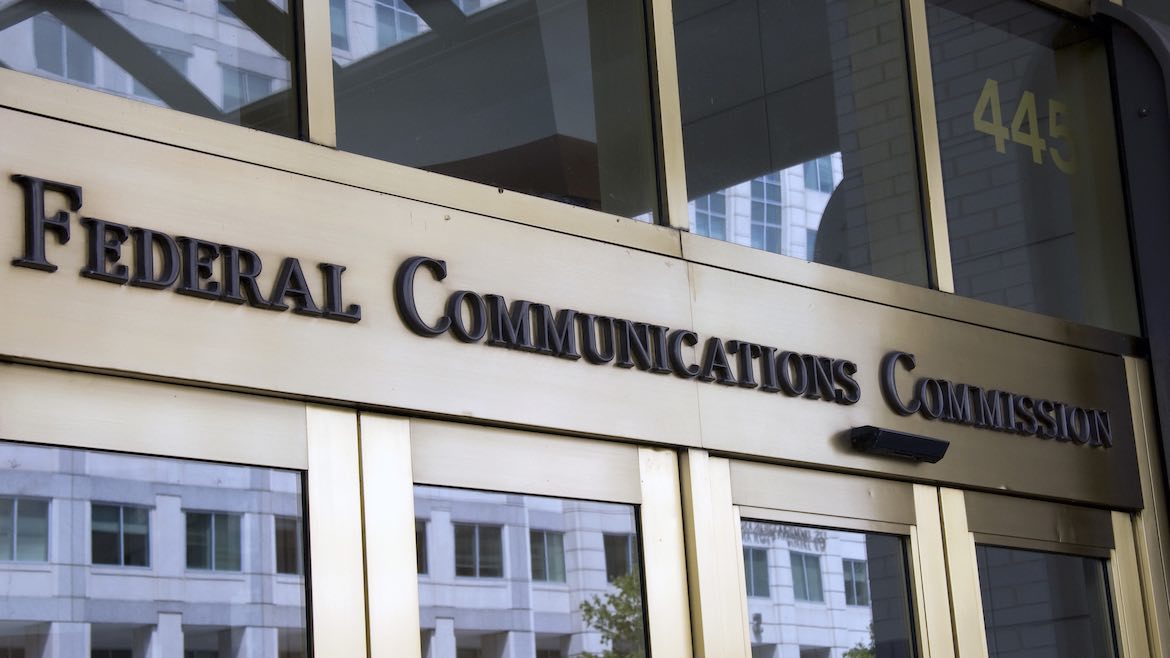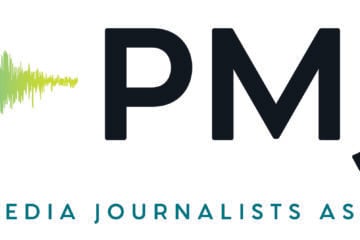Pubcasters urge FCC to offer ‘flexibility’ on proposed foreign government sponsorship rules

Mike Janssen / Current
NPR, PBS and America’s Public Television Stations are requesting that the FCC adjust proposed rules that would expand broadcasters’ responsibility to label programs that were financially supported by a foreign government.
The organizations responded to an FCC Notice of Proposed Rulemaking issued in October, in which the commission said broadcasters do not consistently identify when programs have been sponsored, produced or developed in assistance with foreign governments. FCC rules currently require disclosure of a sponsor’s name but do not demand that broadcasters link programs to foreign entities.
“The American people deserve to know when a foreign government has paid for programming, or furnished it for free, so that viewers and listeners can better evaluate the value and accuracy of such programming,” the FCC said, citing news reports that Russia and China have engaged in disinformation campaigns to disrupt the media and political process in the U.S.
The proposed rules include requiring that broadcasters provide the following disclaimer for affected programs: “The [following/preceding] programming was paid for, or furnished, either in whole or in part, by [name of foreign governmental entity] on behalf of [name of foreign country].”
At minimum, the disclosure would need to be made at both the beginning and conclusion of programs. For programs longer than an hour, the FCC proposed that the disclosure should be made at regular intervals during the broadcast “but no less frequently than once every sixty minutes.” Stations would also need to file copies of announcements in their online public inspection files within 24 hours of broadcast.
In a joint Dec. 23 letter, PBS and APTS said they fully support “the spirit and goals” of the notice but urged the FCC “to adjust the proposed regulations to avoid unintended consequences by which, for example, a nature program that includes B-roll footage from a foreign tourism board is mislabeled as propaganda that is ‘paid for or furnished by’ a foreign government.”
While PBS and APTS said the FCC “should afford flexibility” to noncommercial educational licensees, REC Networks, an advocacy organization for radio broadcasters, said in a Dec. 24 letter that noncommercial stations should be exempt from the proposed disclosure requirements altogether.
REC noted that American Public Media Group, for example, distributes programming produced by the BBC. REC made a distinction between that activity and reports that Chinese and Russian organizations have attempted to buy airtime in the U.S.
PBS and APTS made several suggestions to the FCC, saying that additional disclosures “should be triggered only when the program material is funded or provided by a country or entity subject to U.S. sanctions by the Office of Foreign Assets Control within the Department of the Treasury.” They also said programs that receive repeat airings should be exempt from interrupting broadcasts to announce foreign sponsors.

PBS and APTS gave three examples to demonstrate how programs could be adversely affected. One was the miniseries Natural Born Rebels, a 2018 three-hour Nature miniseries that documented new studies related to animal behaviors. It disclosed in production credits that it used archival footage of desert landscapes provided free of charge by Tourism Australia, which is registered under the Foreign Agents Registration Act. The footage lasted less than one minute, according to the letter.
APTS and PBS said that it would be inaccurate to indicate to viewers that the miniseries was “paid for or furnished by the government of Australia,” especially since the program already lists Tourism Australia in the credits. The organizations made similar arguments involving The Woman in White, a BBC drama that aired on PBS and was funded in part by Invest Northern Ireland, another FARA registrant.
The organizations also pointed to When Whales Walked: Journeys in Deep Time, a history program that required producers at TPT in St. Paul, Minn., to ask permission from the Abu Dhabi Department of Culture and Tourism, a FARA registrant, to access the Mleisa Elephant Trackway in Al Dhafra.
“This access was provided free of charge for the filming of this important program, but the Abu Dhabi Department of Culture and Tourism had no editorial input or influence over the resulting use of the footage,” APTS and PBS said. “Access to unique historical filming sites is an essential ingredient of public television content, and such access can sometimes only be provided by an entity registered under the Foreign Agents Registration Act.”
In a Dec. 28 letter, NPR said it shares the FCC’s concerns about foreign-sponsored programming “masquerading as programming selected independently by a broadcast station” but said the proposed rules are “too broad” and threaten “to interfere with core First Amendment activities.” NPR suggested that the FCC reconsider the necessity of the proposed rules or “clarify the scope and limitations of any rules it adopts.”
NPR said following the proposed rules “could be truly daunting” for stations because compliance “would appear to require everyone involved in funding, producing, acquiring, distributing and broadcasting programming to research potential financial supporters and providers of audio clips, spokespeople, and other content elements on a routine basis no matter how innocuous the putative ‘sponsor’ or its contribution to a given program.”
Calls for sponsorship identification and disclosures have increased amid accusations that Russia and China in particular have used disinformation to influence elections. In 2017, members of Congress asked former FCC Chairman Ajit Pai whether sponsorship identification requirements should be applied to organizations like RT, the Kremlin-backed Russian network that has been criticized as a producer of propaganda. MHz Networks, a noncommercial broadcaster in the Washington, D.C., area, previously aired RT programming. The station went off the air after its spectrum was sold in the 2017 FCC auction.

In addition, China’s involvement in a public TV program prompted criticism last year when PBS SoCal in Los Angeles aired Voices from the Frontline: China’s War on Poverty. The program was co-produced by the station and a foundation in association with the China Global Television Network. CGTN is operated by CCTV, a network owned by China Media Group, which is overseen by the Publicity Department of the Communist Party of China. PBS removed the film from its online video services, and PBS SoCal launched a review to validate its original decision to air the documentary.
In a statement, FCC Commissioner Geoffrey Starks said, “It’s not a lot to ask that broadcasters and programmers disclose when the source of on-air content originates from, or is funded by, a foreign source.” He noted that a for-profit radio station in the Kansas City, Mo., market faced controversy after it struck a deal with a Russian-owned news agency to broadcast programs in the U.S.
FCC Acting Chairwoman Jessica Rosenworcel said it’s “mindboggling” that the commission hasn’t updated its sponsorship identification rules, adding that the proposals have her “full support.”
“This is about basic transparency and it frankly shouldn’t have taken us so long,” she said in her statement.





